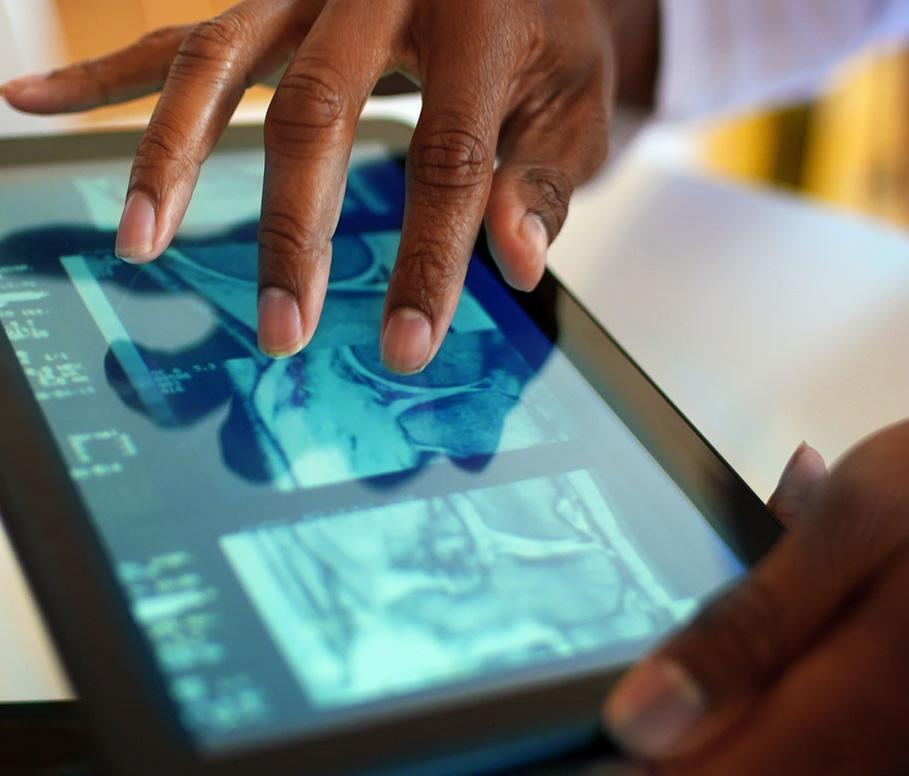Non-communicable diseases (NCDs), such as heart disease, lung disease, cancer, and diabetes, cause 38 million deaths each year, as estimated by the World Bank. Nearly three quarters of these deaths occur in low- and middle-income countries. In additional to the significant personal toll these diseases take, there is a sizable economic impact. NCDs could cost the global economy $47 trillion between 2011 to 2030 in lost output, according to the World Economic Forum.
Given these alarming statistics, reducing the burden of NCDs has been a top priority of the United Nations (UN), international organizations, and the private sector alike. But, according to the NCD Alliance, meaningful progress towards combatting NCDs has been slow. In fact, estimates show we will not reach the UN’s goal of reducing premature mortality from NCDs by one-third by 2030.
In the face of millions of premature deaths due to NCDs and trillions of dollars at risk, we need real solutions, not ideological finger-pointing, to protect patients. Innovation will find solutions and deliver treatments that save lives.
The upcoming UN High-level Meeting on NCDs in September offers a spectacular opportunity for world leaders to focus on preventing premature deaths due to NCDs. Leading up to and at the meeting, countries can and should work together and build new partnerships to find solutions. And promisingly, World Health Organization (WHO) Director-General Tedros Adhanom Ghebreyesus has made clear that to find sustainable solutions we need to align private sector innovation with public health goals.
But there are headwinds. As can happen at the UN, sometimes ideology and politics makes it hard to find practical solutions. In recent months, some highly-funded, critical activists have used this High-Level Meeting to advance an ideological agenda against intellectual property. Instead of focusing on the broader challenge of how to save lives, they have pinned the multifaceted, complex burden of NCDs squarely on innovative medicines. At a time when the world desperately needs more research into cures for diseases like cancer and diabetes, these advocates claim that intellectual property protection – which is vital to incentivize innovation – is a problem, not a solution. And instead of looking to build new partnerships with companies seeking treatments for these killer diseases, they claim that it’s illegitimate for the UN to even talk to the private sector. Such groups don’t acknowledge the outstanding joint work and commitment of the UN and private sector companies to combat disease around the world.
With millions of premature deaths and trillions of dollars on the line, we need real solutions, not well-funded, ideological finger-pointing. First and foremost, innovation – bolstered by effective protection of intellectual property – will help drive solutions. Consider that approximately 83 percent of cancer survival gains are attributable to new therapies, and that there are 7,000 new medicines in development, including hundreds for rare diseases, heart disease, many forms of cancer, and other diseases and conditions. Our best hope for combatting NCDs is widening patient access to biopharmaceutical innovations. Instead of targeting intellectual property, we need to look broadly at how to make health care systems stronger, more patient focused, and more capable of delivering new treatments that patients can afford.
Innovation aside, the biopharmaceutical sector has, for years, played a significant role in addressing NCDs through access programs and collaborations with the public sector.
Access Accelerated, for example, is an initiative that brings together more than 20 biopharmaceutical companies with the goal of tackling NCDs in low- and middle-income countries. This program collaborates with global partners, including the World Bank, to help create scalable, sustainable solutions. Such programs complement innovation and show what can be achieved when people work together to solve complex public health problems.
As the UN prepares for its High-Level Meeting in September, world leaders should consider the tremendous value of innovation and work collaboratively with the private sector to tackle the NCD challenge. Millions of lives are at stake. Now is not the time for politics. We all need to roll up our sleeves and find solutions that work.


